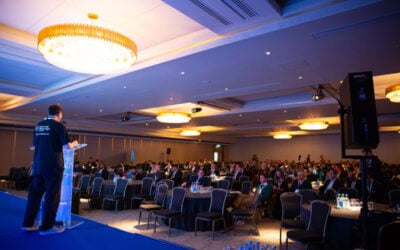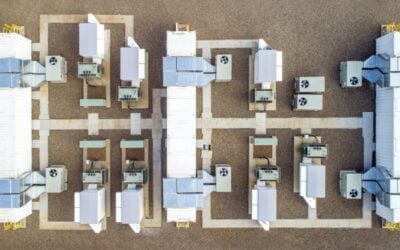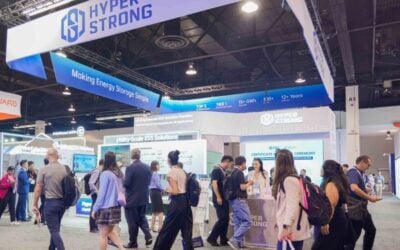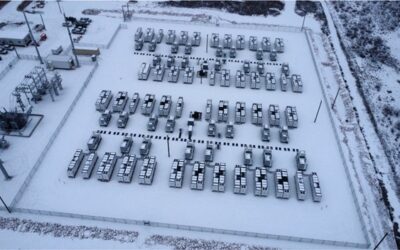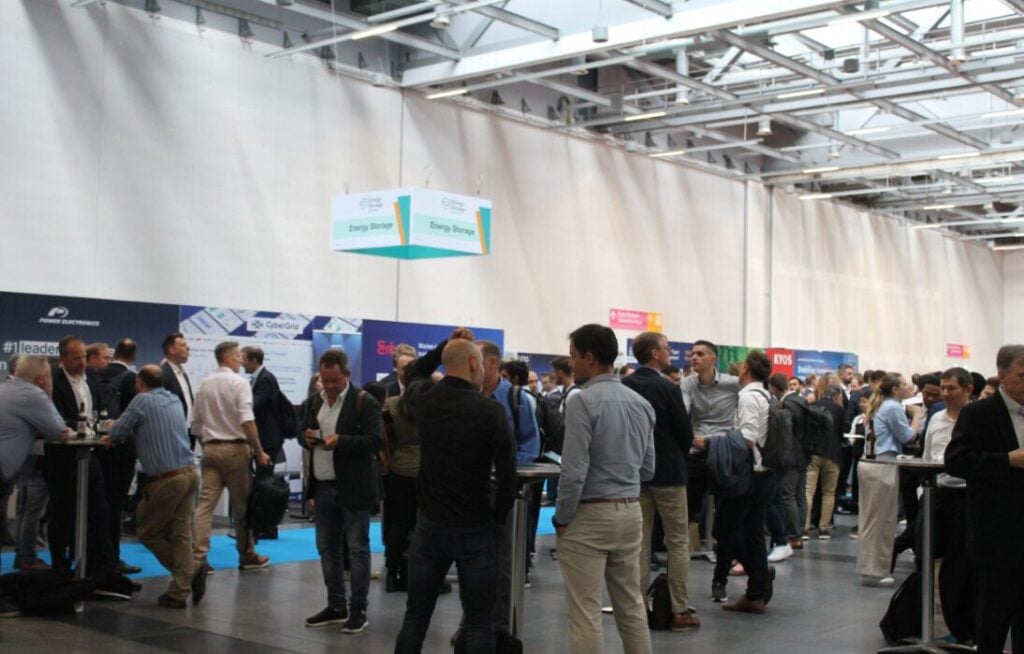
Asset manager MEAG has acquired a 92.5MW/231MWh BESS in Germany, fully merchant-financed, which optimiser Entrix will trade in the electricity market.
MEAG, the asset manager of insurance firms Munich Re and ERGO Group, has completed the acquisition of the Metelen battery energy storage system (BESS). Optimisation firm Entrix will trade the BESS, located in Münsterland, North Rhine-Westphalia, once it becomes operational in the second half of 2025.
MEAG acquired the Metelen project from developer and contractor SMA Altenso, part of larger inverter firm SMA Group, in October 2024, and Altenso will help build and operate the system.
The fully-merchant aspect of the BESS means it has been financed without any contracted revenue structures like tolls, floors or swaps. That is noteworthy as the German market moves from an almost exclusively merchant financing market to one where tolls and floors are increasingly being discussed and used.
Try Premium for just $1
- Full premium access for the first month at only $1
- Converts to an annual rate after 30 days unless cancelled
- Cancel anytime during the trial period
Premium Benefits
- Expert industry analysis and interviews
- Digital access to PV Tech Power journal
- Exclusive event discounts
Or get the full Premium subscription right away
Or continue reading this article for free
This trend has been a huge talking point at the Energy Storage Summit Germany, which concludes today having run side-by-side with the Battery Show Europe 2025 in Stuttgart (3-5 June).
Indeed, panellist Amanda Niklaus, global head of markets for Nordic BESS owner-operator Ingrid Capacity, said yesterday: “Most of the assets that are currently operational in Germany have been fully merchant financed, but now we see really a reticence in lending fully merchant for assets that are 50MW and above.”
Steffen Schulzchen, CEO of Entrix, commenting on the deal, said: “A fully merchant battery like Metelen is perfectly suited to unlocking the revenue potential of our multi-market strategy.”
Speaking to Energy-Storage.news at the event, Jürgen Mayerhofer, CEO of another optimiser Enspired, said that basically every BESS investor in Germany was seriously considering toll-like structures for their projects.
But, MEAG’s fully merchant financing shows that not everyone is convinced by, or reliant upon, contracted structures to finance projects.
The main revenue sources for large-scale BESS in Germany today are frequency containment reserve (FCR), automatic frequency restoration reserve (aFRR) and the day-head and intra-day wholesale electricity markets.
The exact proportion of revenues between them depends on the time of the day, the season and the duration of the BESS, but aFRR has grown to become larger than FCR, generally speaking. FCR is an 800MW market bidirectionally while aFRR is 2GW per direction, and longer-duration BESS in particular focus on the more energy-intensive aFRR.
Tolls will hedge against the risk of those markets saturating, but risk giving away upside to the toll-taker if the toll fee is priced too low.

